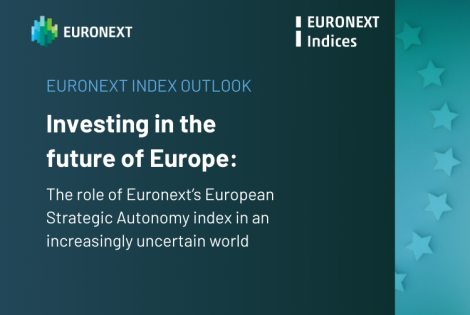We're hiring: Partner Development Executive (12 month FTC - maternity cover)
We're looking for a Partner Development Executive with 3+ years of solid B2B experience to join our Partnerships team for a maternity cover. The role is ideal for someone who enjoys taking ownership, executing with care, and learning every day - who wants to be part of a friendly, supportive, collaborative team focused on building real, lasting results together.
What you'll work on









